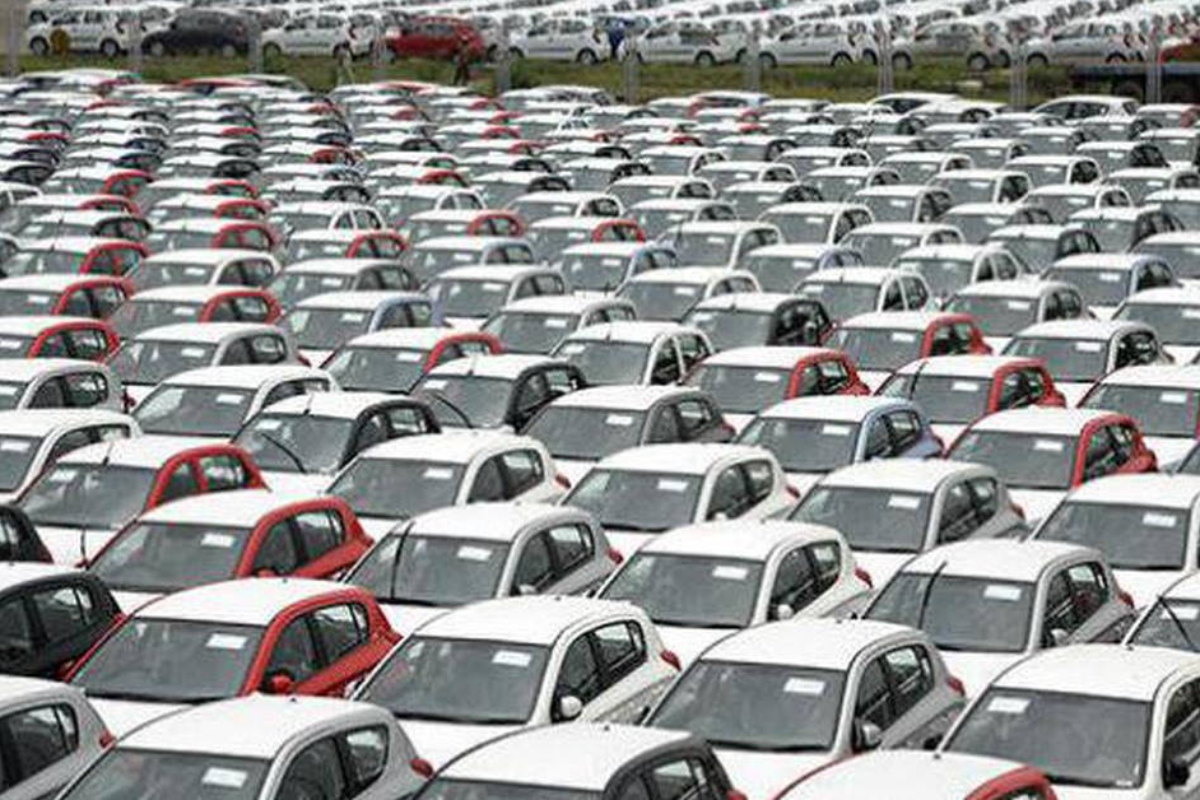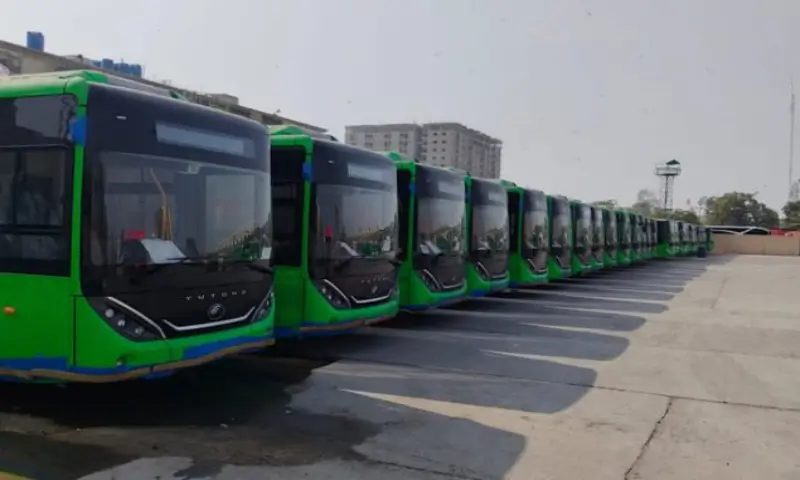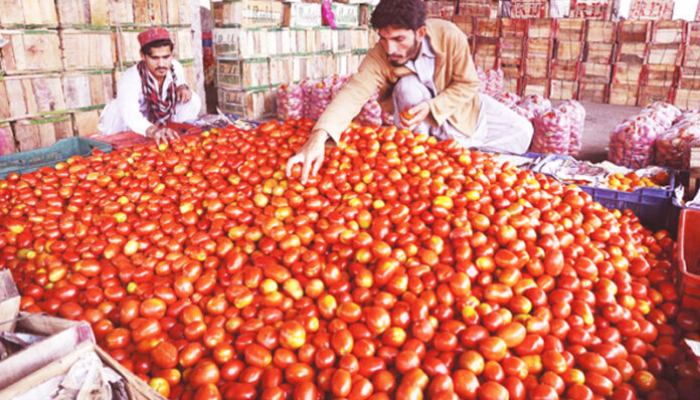KARACHI: The local automobile production is likely to decline around 50 per cent in the fiscal year 2023 due to deteriorating purchasing power of consumers amid aggressive cost-led price hikes and worsening macroeconomics.
At a corporate briefing, Indus Motor management presented a bleak picture for auto sales amidst high interest rate, import ban and currency depreciation.
“The company is currently operating at 40 per cent to 45 per cent of the capacity. As a result, Indus has suffered delivering orders on time and at the current operating level, the deliveries owed in the next 2.5 months will take up to six months.”
Indus Motor Chief Executive Officer Ali Asghar Ajamali said an unsustainable economic policy or short-term policy casts a bleak shadow on the country, its institutions, and the macroeconomic framework of the country.
“Any intervention in the sales process that controls customer choice, will disturb the industry mechanisms and supply chain process, and market dynamics and further aggravate the delivery lead time situation,” he added.
To curtail external pressures, the State Bank of Pakistan (SBP) fixed the import quota of completely knocked down (CKD) for automakers, allowing them to import 50 per cent of average imports witnessed during February-May 2022, which coupled with the ongoing slowdown in auto demand, leading to plant shutdown by automakers.
Indus Motor and Pak Suzuki announced plant closures for half of August 2022 and September 2022, while Honda Cars announced that the company had observed 3 to 4 non-production days.
The government also imposed several measures to limit the import bill and ease the pressure on the rupee against the dollar.
Among these measures was the change in the procedure for importing CKD kits where automakers are now required to obtain clearance from the central bank for opening of letter of credits (LCs).
The change in the procedure has been hindering production in the sector as lead time for import of raw material has increased considerably.
Moreover, the SBP has allotted a quota of CKD imports to the automakers. The quota was to be increased to 70 per cent from the existing 50 per cent by September 2022. However, as per the automakers, the quota still remains in place at 50 per cent with no future guidance from the regulators.
Wasil Zaman at JS Global said the purchasing power of consumers was deteriorating rapidly amid aggressive cost-led price hikes and worsening macros. “We foresee a decline of almost 50 per cent in the auto sales during the fiscal year 2023”.
The sales have already witnessed a decline of 50 per cent on a year-on-year basis in the first two months of fiscal year2023.
Zaman said with rising lead times for import and limited availability of raw material, the already ailing sector with deteriorating demand was now faced with supply issues as well, further adding to the woes. “In response to the situation, automakers have opted for plant shutdowns.”
The auto sector is likely to take a hit during the ongoing fiscal year due to price hikes, rising cost of auto financing, impact of regulatory measures and destruction caused by floods.
The industry is poised to invest more under automotive development and export policy and is willing to bring more hybrid and electric vehicles. Sustaining measures to promote electrified vehicle manufacturing in Pakistan will increase foreign investor confidence in Pakistan’s automotive market.





















